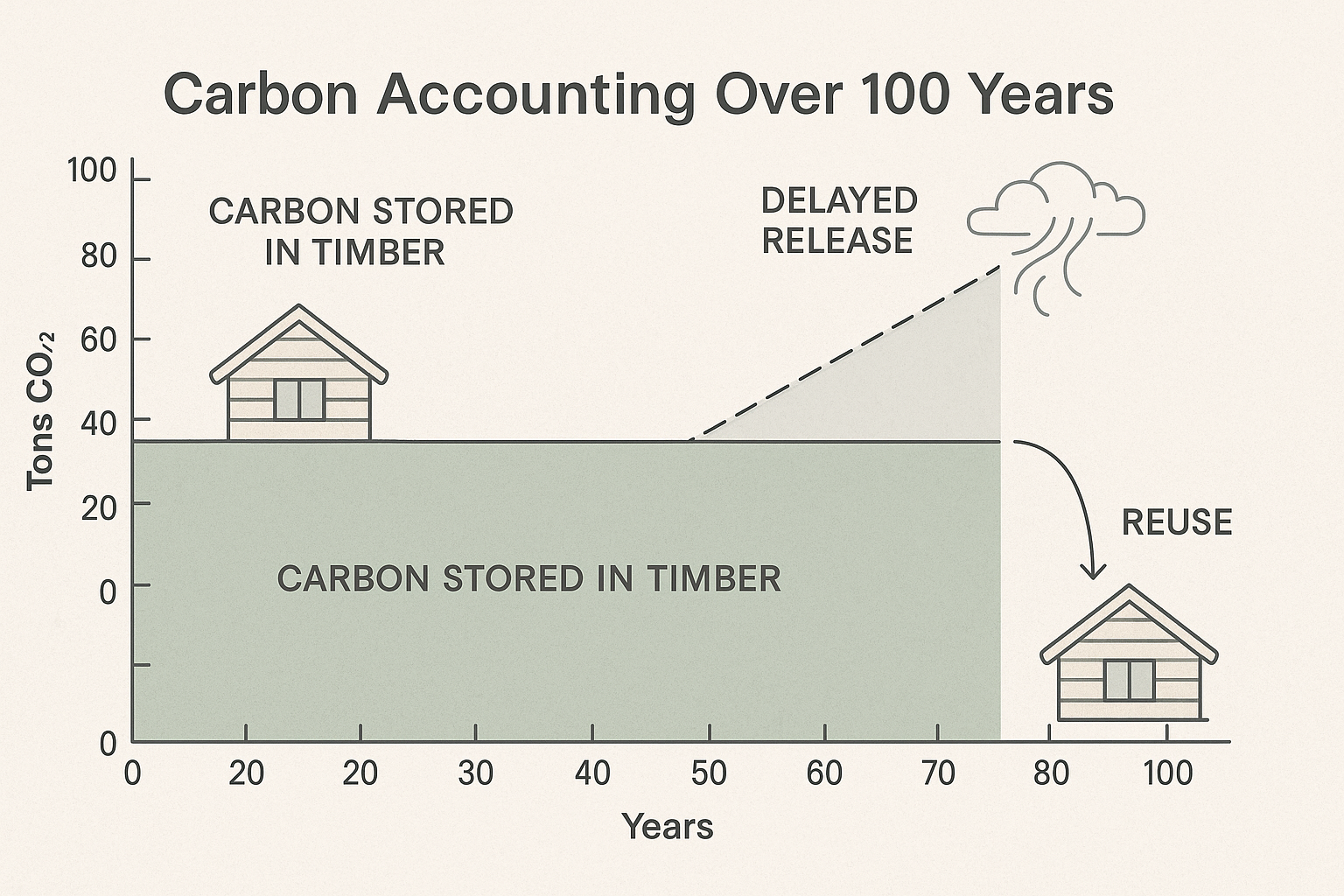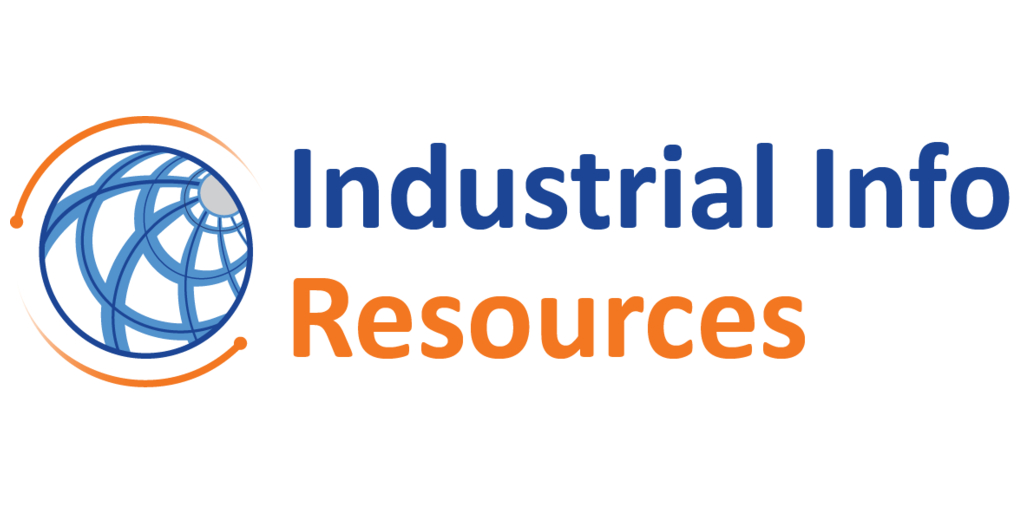Sign up for daily news updates from CleanTechnica on email. Or follow us on Google News!
That didn’t take long. One week after the latest US presidential election, in which America chose a serial sexual offender to protect them from scary black and brown people, the American Petroleum Institute released its wish list for the incoming administration. The 5-point plan would eliminate many of the Biden administration’s most far reaching efforts to reduce climate pollution and limit the global heating that is bringing more destructive and deadly extreme weather to many parts of the world, including the US.
According to Inside Climate News, the list was released by the American Petroleum Institute on the second day of the global COP29 United Nations climate conference and makes no reference to climate change or global heating. It says the industry group and its members agree on the need to reduce emissions, but requests the new administration remove many of the tools the United States will need to achieve that goal. Specifically, API asked the incoming administration to repeal the tailpipe and fuel economy standards for cars and trucks that are designed to cut carbon dioxide emissions in the transportation sector — the nation’s largest source of climate pollution. The list also asks to revoke the waiver issued in 2009 that allows California and 12 other states to set tougher rules for vehicles.
API called on the Trump administration to issue a new 5-year plan to expand offshore oil and gas drilling leases and to repeal rules adopted by the Biden administration that restrict new drilling on public lands. The Biden administration had greatly reduced the amount of new drilling on public lands and in waters offshore. The oil industry also wants the new administration to accelerate permits to export natural gas, a process the Biden administration had put on hold to review its climate impacts.
Another top ask is the elimination of a fee on methane emissions from the oil and gas sector, which the Biden administration finalized on Tuesday. Natural gas is largely made of methane, a particularly potent greenhouse gas, and some of it gets released into the atmosphere during oil and gas production. Mike Sommers, the head of the American Petroleum Institute said his group would press Congress to enact a bill to ease permitting of major energy projects before the end of this session, and would seek more changes to further speed permitting next year.
In a call with reporters, Sommers said voters had elected Donald Trump with energy and the economy in mind and that the proposals would help increase the nation’s oil and gas production, which climbed substantially under President Joe Biden. Today the United States is the world’s largest oil and gas producer. “It is clear that energy was on the ballot, whether it was EV mandates in Michigan or fracking in Pennsylvania,” Sommers said, referring to the Biden administration’s policies to encourage the sale of electric vehicles.
Reaction To the American Petroleum Institute Plan Is Swift
“This is a toxic soup of reckless proposals that would benefit the oil and gas industry at the expense of the climate, frontline communities and future generations. We’re prepared to fight them in court,” said Jason Rylander, legal director of the Climate Law Institute at the Center for Biological Diversity. “The API’s wish list demonstrates the fossil fuel industry’s existential threat to life on earth.”
Some of the requests seem difficult to square with the stated goal of the API and many of its members to support the Paris Agreement. Sommers said his industry supports the federal regulation of methane and that some API members support the idea of a methane fee. But the group is united, he said, in its opposition to the fee the Biden administration enacted. He did not elaborate on what type of fee, if any, his group would support, but we can assume it is far less than the one the Biden administration just approved.
When asked if API would oppose Trump’s stated desire to withdraw the nation from the Paris Agreement, Sommers declined to answer directly, saying the industry would continue to support cutting emissions while producing more oil and gas regardless of whether the country stays in the global pact. In other words, he is talking out of both sides of his mouth and hoping no one notices. He must really enjoy going to his kids’ school and telling the other students how his company is contributing to melting glaciers, more powerful storms, and massive flooding worldwide. That’s something a person can really be proud of.
Kathy Harris, director of clean vehicles at the Natural Resources Defense Council, said in a statement that the car and truck efficiency standards would save Americans “billions of dollars at the pump, so it’s no surprise that the oil industry would want to gut them.” She added, “Drivers, auto companies, and workers are all benefiting from these standards. For their sake, they should be preserved.”
Anne Rolfes, director of the Louisiana Bucket Brigade, said, “This agenda looks like something written in the 1900s.” Rolfes’ group has campaigned against building new pipelines and export projects along the Gulf Coast because of their impact on communities and the environment. “It does not reflect the technologies that are available now, and forfeits American leadership in so many areas, including high mileage and electric vehicles. It does everything possible to lock us into the fuels of bygone eras.”
Oil executives were prominent donors to Trump’s campaign, and the industry is likely to find a partner in a new Trump administration on many fronts. Yet some signs of possible friction emerged during the Tuesday call. Sommers indicated his industry might oppose efforts to implement new tariffs, for example, if they restrict the free flow of oil and gas across national borders. The imposition of new tariffs was one of Trump’s central campaign promises. Many of the steps sought by API could be taken through administrative action, but some, including the repeal of the fee on methane emissions from oil and gas equipment, would require Congressional action. Either way, they will be sure to face new lawsuits from environmental groups, which were able to delay or stymie many similar efforts by the first Trump administration.
The Role Of Elon Musk
The wild card in all this is Elon Musk, the new ayatollah of efficiency who claims he is opposed to all government subsidies of any nature. Most of the items on the American Petroleum Institute wish list are direct or indirect subsidies for the benefit of oil and methane producers. That methane fee is an attempt to deal with methane emissions that are more than 80 times more powerful than carbon dioxide when it comes to contributing to global heating. In essence, it attempts to put a price on what is currently an untaxed externality of methane production and distribution, namely a hotter planet.
Will Musk have any impact whatsoever when it comes to stanching such giveaways to fossil fuel interests? That is doubtful. The federal government today is little more than an instrumentality of the fossil fuel companies. They pay to get people elected to Congress who will do their bidding. They contributed a few hundred million to Republicans in the latest election and can expect to reap tens of billions in benefits for their investment. If that sounds like racketeering, you would not be wrong.
Does anyone think Musk will put stop to the Washington, DC merry-go-round? If so, we suggest you are going to be greatly disappointed. Even the great and powerful Musk will be over-matched if he tries to interrupt the fossil fuel gravy train that has been in operation in Washington, DC for over a century. Subsidies in the form of EV purchase incentives and production credits will likely go away but those for oil and gas will continue until it is much too late to prevent the Earth from warming by 3° Celsius or more. But the fossil fuel industry will have fulfilled its duty to maximize shareholder value. It’s none of the industry’s concern if the Earth’s ability to support human life is compromised.
Have a tip for CleanTechnica? Want to advertise? Want to suggest a guest for our CleanTech Talk podcast? Contact us here.
Sign up for our daily newsletter for 15 new cleantech stories a day. Or sign up for our weekly one if daily is too frequent.
CleanTechnica uses affiliate links. See our policy here.
CleanTechnica’s Comment Policy




